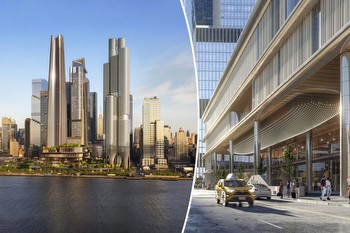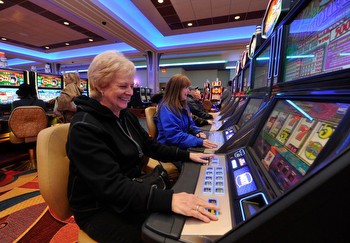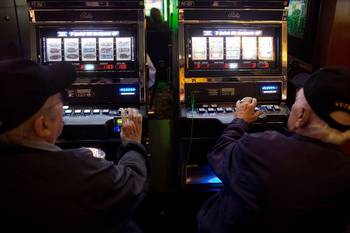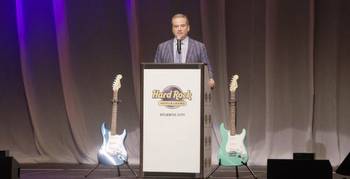Proposed Casino Text Amendment Enters Review Process
On November 27, 2023, the City Planning Commission held a review session on the proposed Gaming Facility Text Amendment to the Zoning Resolution to streamline casino development in New York City.
In 2013, New York State amended its constitution to allow up to seven commercial casinos to be built statewide. Commercial casinos are casinos that do not also feature a race track. Four of these casinos have already been created. The remaining three have yet to be determined. There are currently eight proposals to develop casinos in the City, including five in Midtown Manhattan, one in Coney Island, Brooklyn, one in the Ferry Point area of the Bronx, and one at Citi Field in Queens. There is also one proposal to expand Resort World New York City Casino in Ozone Park, Queens, which also features a race track, to allow for live gambling.
Before the Gaming Facility Location Board can issue a casino license, an applicant must receive approval from a local Community Advisory Committee (CAC) and successfully navigate the local zoning process. However, the City’s current zoning does not address casino development. The proposed amendment would “level the playing field”, as City Planning Commission Chair Dan Gardonick puts it, and allow for up to three state-licensed casinos in certain commercial and manufacturing districts. However, all nine of the current casino proposals are for projects in commercial districts. The City does not expect another applicant, potentially one for a project in a manufacturing district, to arise before the early 2024 application deadline.
The amendment is specific to the three currently available licenses. Should another State Constitution referendum be held, and resultingly, more casino licenses be made available, the City would have to amend the Zoning Resolution again with specific reference to those licenses.
Under the amendment, a gaming facility may include other non-gaming uses or amenities, including, among other things, hotels, restaurants and theatres. As of 2021, new hotel projects must obtain a special permit. However, the amendment allows developers to bypass the special permit requirement, and does not restrict hotel size or require that hotel guests actually use the casino. Instead, hotel size would be determined during the CAC process.
Commissioner Gail Benjamin stated that the hotel could be “any size” and that the amendment is “allowing things that would not be permitted without any City Planning review, oversight, [and] determinations.” Commissioner Benjamin also noted that the amendment allows for uses that have not been contemplated, and questioned whether a gaming facility could manufacture their own casino chips on the premises. However, the amendment is intended to only allow the uses that the state law allows as ancillary to the gaming facility, which the Department of City Planning representative presenting the application did not believe to include light manufacturing such as chip making.
Commissioner Leah Goodridge expressed concern about the negative effects that gaming facilities have on local communities, noting that casinos are only legal in 23 states “for a reason”. She also stated that casinos “tank local economies” and that “roughly half of [the casino’s] revenue comes from…problem gamers [gambling addicts]…”. The City noted in its response the importance of public involvement in the CAC process, which will include public hearings and is subject to the Open Meetings Law. The effect that a gaming facility may have on a community may also depend on the type of facility. For example, a casino with five thousand slot machines and no live gambling may impact a community different than a smaller high-end casino with live gambling.
Chair Gardonick stated that while the State will ultimately decide which CAC approved applications will receive casino licenses, “..the CACs have the role of locking in a variety of requirements on a specific site…”, such as facility size and local hiring requirements. He continued that “it is the intent of the Gaming Commission…[that] by the time these proposals are through the CAC…it is something that has community approval…”. Nonetheless, the City is effectively cut out of deciding which CAC approved project, if any, will move forward.
The proposed amendment was referred to community boards and the Borough Presidents for review. CityLand will continue to provide future updates about this proposal.
By: Nick Negron (Nick is a New York Law School graduate, Class of 2023.)




























